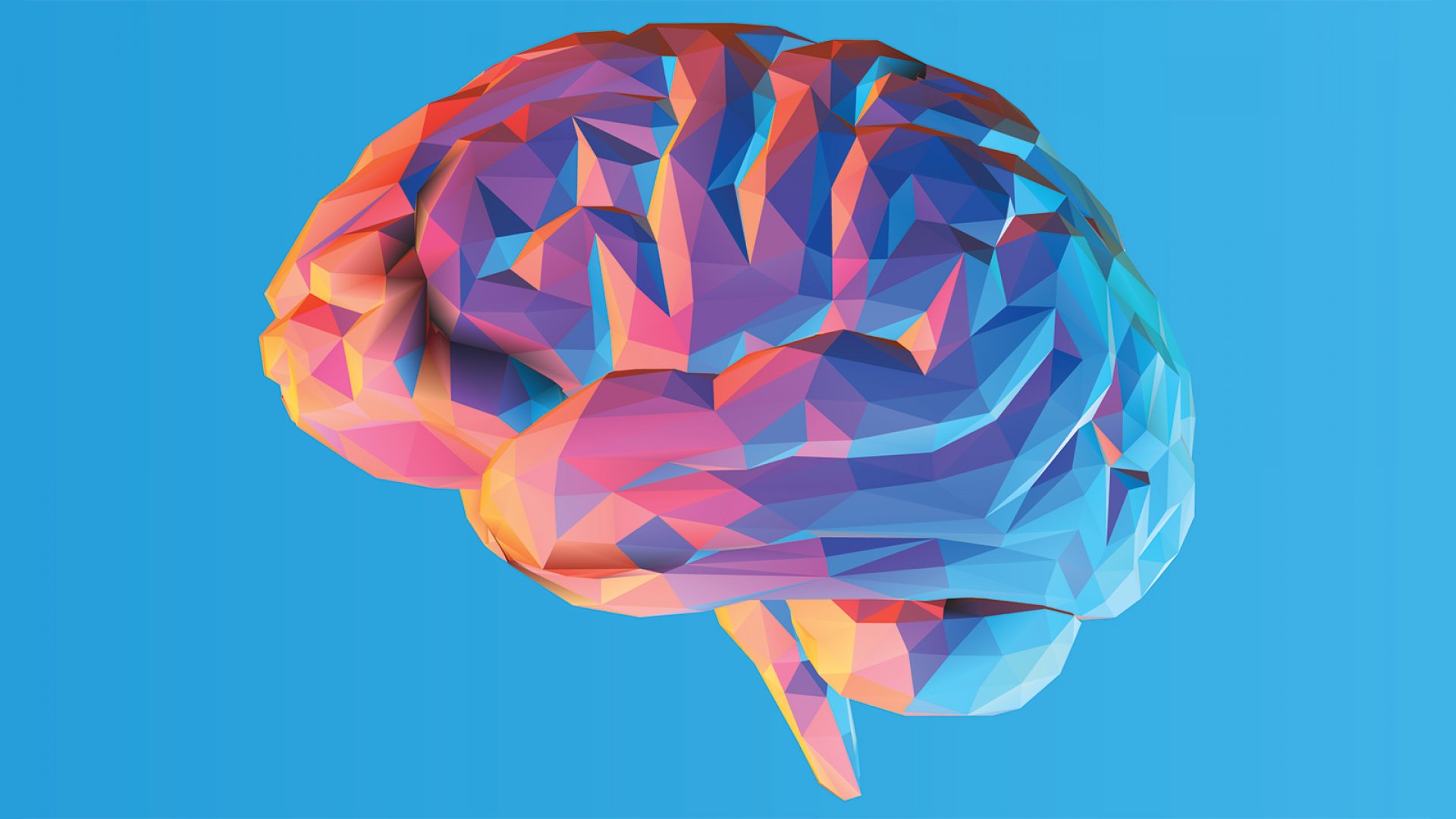Description
EMOTIONAL INTELLIGENCE CURRICULUM
Emotional intelligence, also known as EQ, refers to the ability to recognize, understand, and manage emotions, both in oneself and others. It encompasses a set of skills and competencies that contribute to effective interpersonal relationships, personal growth, and overall well-being.
One of the key components of emotional intelligence is self-awareness. This entails having a deep understanding of one’s own emotions, strengths, weaknesses, values, and beliefs. It involves being in tune with our thoughts, feelings, and reactions in different situations, allowing us to navigate them with greater clarity and purpose. Self-awareness enables us to recognize our emotional triggers, patterns of behavior, and how they impact ourselves and those around us.
Another vital aspect of emotional intelligence is self-management. This involves the ability to regulate and control our emotions effectively. It encompasses skills such as emotional regulation, impulse control, and stress management. By developing self-management skills, we can respond to challenges and setbacks in a more composed and adaptive manner, rather than reacting impulsively or being overwhelmed by our emotions.
Emotional intelligence also extends to social awareness, which involves being attuned to the emotions and needs of others. It includes empathy, the ability to understand and share the feelings of others, as well as recognizing non-verbal cues and social dynamics. Social awareness enables us to navigate social interactions with sensitivity and respect, fostering better communication and building stronger connections with others.
Additionally, emotional intelligence encompasses relationship skills. These skills involve effective communication, conflict resolution, and the ability to build and maintain healthy relationships. Developing these skills allows us to navigate conflicts constructively, communicate our needs and boundaries clearly, and cultivate mutually beneficial relationships based on trust, respect, and understanding.
In summary, emotional intelligence plays a vital role in personal and interpersonal success. By developing our emotional intelligence, we can enhance our self-awareness, effectively manage our emotions, understand others better, and build healthier and more fulfilling relationships. It is a valuable skill set that can contribute to personal growth, professional success, and overall well-being.
“Emotional intelligence is not just about being smart with emotions; it’s about being wise with them.”
LEARNING OUTCOMES OF EMOTIONAL INTELLIGENCE
The learning outcomes of emotional intelligence (EQ) training can vary depending on the specific program or curriculum. However, here are some general learning outcomes that can be associated with EQ training.
Self-Awareness: Participants will develop an increased understanding of their own emotions, strengths, weaknesses, values, and beliefs. They will learn to recognize and identify their emotional states accurately.
Emotion Regulation: Participants will learn strategies and techniques to effectively manage and regulate their emotions. They will develop skills in emotional control, impulse management, and stress reduction.
Empathy and Social Awareness: Participants will enhance their ability to understand and empathize with the emotions and perspectives of others. They will learn to recognize non-verbal cues and develop greater sensitivity to social dynamics.
Communication Skills: Participants will improve their communication skills, including active listening, expressing emotions effectively, and practicing assertiveness. They will learn to communicate with empathy and clarity in various interpersonal settings.
Relationship Building: Participants will acquire skills in building and maintaining healthy relationships. They will learn conflict resolution techniques, negotiation skills, and strategies for building trust and rapport with others.
Decision Making: Participants will develop the ability to make sound decisions by considering both rational thinking and emotional factors. They will learn to evaluate the impact of emotions on decision-making processes.
Resilience and Adaptability: Participants will strengthen their resilience and adaptability in the face of challenges and setbacks. They will learn strategies for bouncing back from adversity and managing change effectively.
Leadership Skills: Participants will cultivate leadership qualities such as inspiring and motivating others, building trust, and effectively managing emotions in leadership roles.
Emotional Intelligence in the Workplace: Participants will understand how to apply emotional intelligence in professional settings. They will learn to manage emotions in high-pressure situations, foster a positive work environment, and enhance team collaboration.
Personal Growth and Well-being: Participants will experience personal growth and enhanced well-being through increased self-awareness, improved emotional management, and healthier relationships.

BENEFITS OF EMOTIONAL INTELLIGENCE
The development and cultivation of emotional intelligence (EQ) can bring about a range of benefits in various aspects of life. Here are some potential benefits of enhancing emotional intelligence:
Improved Self-Awareness: EQ enables individuals to have a deeper understanding of their emotions, strengths, weaknesses, and values. This self-awareness allows for greater clarity in decision-making, goal-setting, and personal growth.
Enhanced Emotional Regulation: With higher EQ, individuals can effectively manage and regulate their emotions. They become more adept at controlling impulsive reactions, handling stress, and maintaining emotional balance, leading to improved overall well-being.
Stronger Interpersonal Relationships: Emotional intelligence promotes better communication, empathy, and understanding of others. This results in healthier and more fulfilling relationships, whether in personal or professional settings, fostering trust, cooperation, and effective collaboration.
Effective Conflict Resolution: EQ equips individuals with the skills to navigate conflicts constructively and resolve them in a productive manner. They can communicate their needs, listen actively to others, and find mutually beneficial solutions.
Improved Leadership Skills: Leaders with high EQ tend to be more effective in motivating and inspiring their teams. They can understand and respond to the emotions and needs of their team members, fostering a positive work environment and achieving higher levels of employee engagement and productivity.
Increased Resilience: Emotional intelligence helps individuals develop resilience and adaptability in the face of challenges and setbacks. They are better equipped to bounce back from adversity, manage change, and maintain a positive outlook.
Enhanced Decision-Making: EQ enables individuals to make well-informed decisions by considering both rational thinking and emotional factors. They can evaluate the impact of emotions on decision-making processes, leading to more balanced and effective choices.
Stress Reduction: Developing emotional intelligence can lead to decreased stress levels. By effectively managing emotions, individuals can reduce the impact of stress on their mental and physical well-being, promoting a healthier and more balanced lifestyle.
Increased Empathy and Understanding: EQ cultivates empathy and the ability to understand and connect with others’ emotions and perspectives. This fosters more compassionate and inclusive interactions, promoting a sense of belonging and mutual respect.
Personal Fulfillment: Ultimately, enhancing emotional intelligence can contribute to personal growth, fulfillment, and overall well-being. It empowers individuals to navigate life’s challenges more effectively, build meaningful relationships, and lead a more authentic and purposeful life.
INCLUDED
- Certified Emotional intelligence | Mindemy – Mind Academy
- Karachi: 21th, 22th, 23th, July 2023
- Online webinar: 21th, 22th, 23th, July 2023
For further information reach out to us on WhatsApp 0331-6463111


